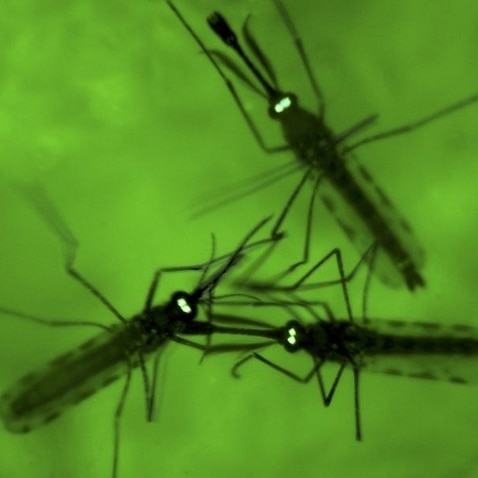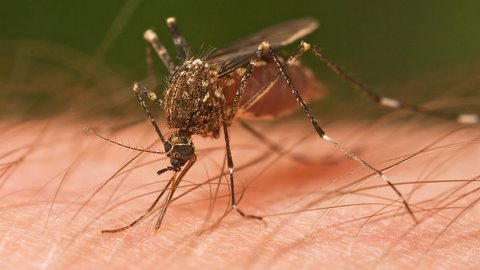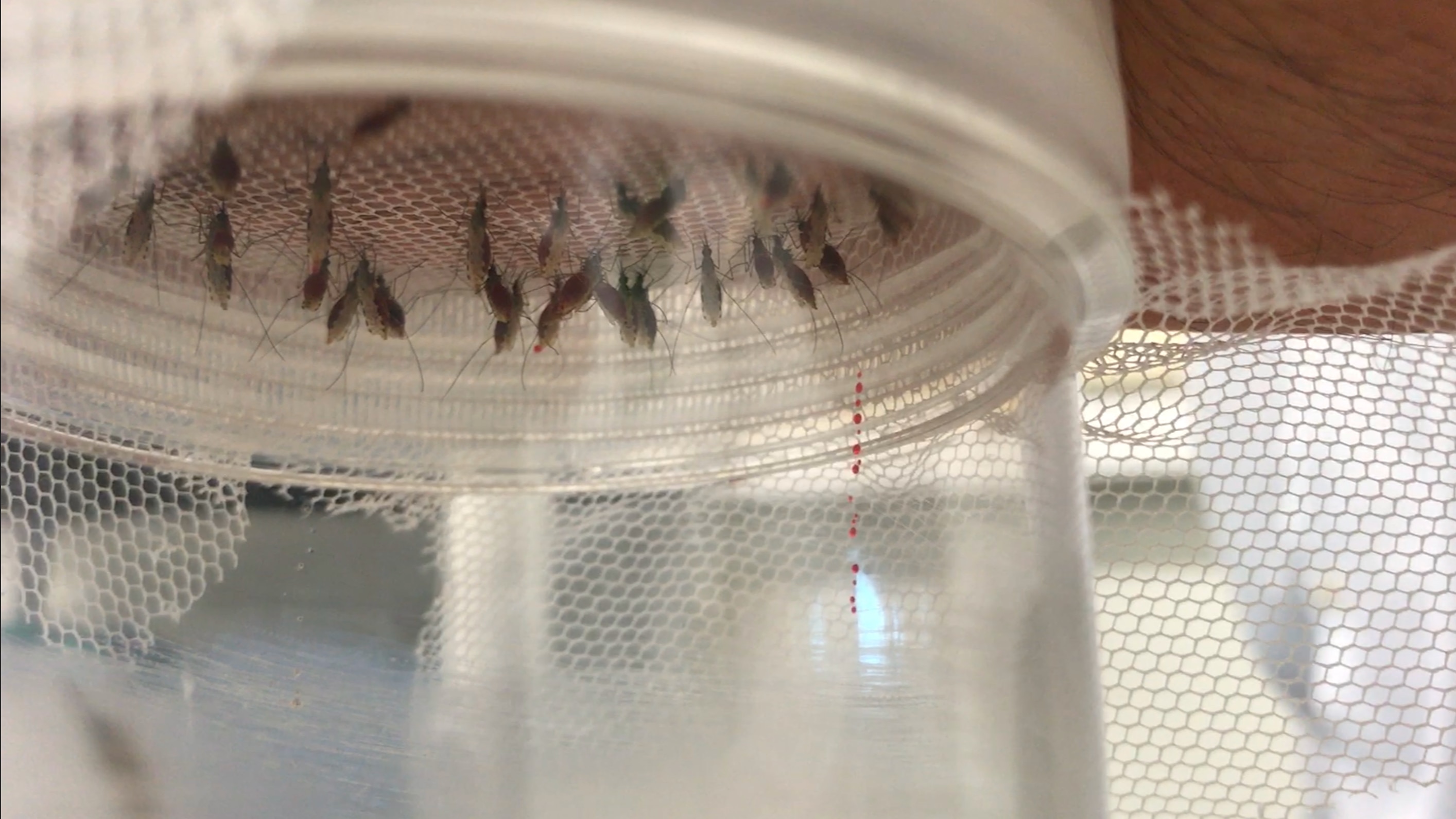Volunteers infected with malaria in fight against new strains

READ MORE
Scientists have infected 300 people with malaria at a laboratory in Brisbane to find new ways to stop the killer disease that claims about half-a-million lives a year globally.
The world-leading research is part of an international effort to eradicate the disease as new emerging monkey and drug-resistant strains threaten to make current drugs obsolete and cause millions more to die.

Clinical trials at QIMR Berghofer aim to perfect a test for human-to-mosquito transmission of the malaria parasite and to test the effectiveness of drugs that can stop transmission.
Their findings so far will be presented at the first World Malaria Congress being held in Melbourne this week and attended by 61 countries.
“We are the world leaders, we have infected more people in a controlled environment than anyone else,” said Dr Anand Odedra, a clinical researcher at QIMR Berghofer.
“We are now working towards assessing how well drugs work to treat malaria, we are looking into trying to prevent the spread of malaria and testing new drug interventions and we’re the first to really do that in this kind of setting.”

New strains threaten progress
Malaria afflicts more than 200 million people globally. The highest rates are in Sub-Saharan Africa, South-East Asia and Papua New Guinea.
Huge progress has been made globally fighting the disease with Paraguay last month declared the latest malaria-free country, and Algeria, Argentina and Uzbekistan are expected to follow shortly.
But the emergence of the drug-resistant and monkey strains in South East Asia could reverse decades of gains.
“What we currently face is the third time in history where the commonly used malaria drugs have faced resistance from the parasite,” said Professor Sir Richard Feachem who helped found the Global Fund to fight AIDS, TB and Malaria and chairs the Lancet Commission on Malaria Eradication.
“In every occasion this has occurred first in the Mekong countries and subsequently jumped to India, South Asia and Africa, so we’re very apprehensive about this.”

Australia has been a leader in malaria research since the Second World War and has been disease free since the 1960s and its continuing role in funding research and the global campaign is recognised internationally.
The Department of Foreign Affairs (DFAT) is part-funding the World Malaria Congress.
“Australia punches well above its weight through fundamental and applied malaria research and it is largely funded by the Australian taxpayer, by the Australian government,” said Sir Richard Feachem.
‘Today we’re going to infect you’
In Brisbane, Dr Odedra has infected hundreds of volunteers in clinical trials and reassures them before being infected.
“Lie back and make yourself comfortable. As you know, today we’re going to infect you with malaria. It’s less than you would get from a mosquito bite and we just make sure you’re okay. Everyone has been okay so far, we’ve done this more than 300 times,” he tells volunteer Andrew.

Andrew is not worried, he regularly gives blood and says he is doing this for the public good.
“No, it doesn’t make me nervous at all because I know there are two different types of treatment that are very effective,” he said.
After two weeks the volunteers are active malaria hosts ready for human-to-mosquito transmission.
The adult malaria parasite that causes the sickness is killed with a drug leaving only its male and female offspring to incubate.
The new method sterilises the parasite at the critical time when it becomes sexually active and spreads.
The volunteers then return to the lab to be bitten directly by mosquitos or their blood is used to feed mosquitos in a lab.
“We’re trying to think outside box and develop a way to disrupt malaria transmission,” said
senior scientist Professor James McCarthy, an infectious disease specialist at QIMR Berghofer who will lead its delegation to the World Malaria Congress.
“Normally we’re trying to treat the parasite inside people that’s making them sick, but if we can get rid of the ability of the malaria parasite to get into mosquitos, then we can block the onward transmission and basically get rid of it.”
Currently, the same type of tests can only be done in infection zones.
Article source: http://feedproxy.google.com/~r/sbsnews-topstories/~3/LOqv7MDfMWc/one-year-on-here-s-what-mueller-s-russia-probe-has-achieved
Comments
Post a Comment